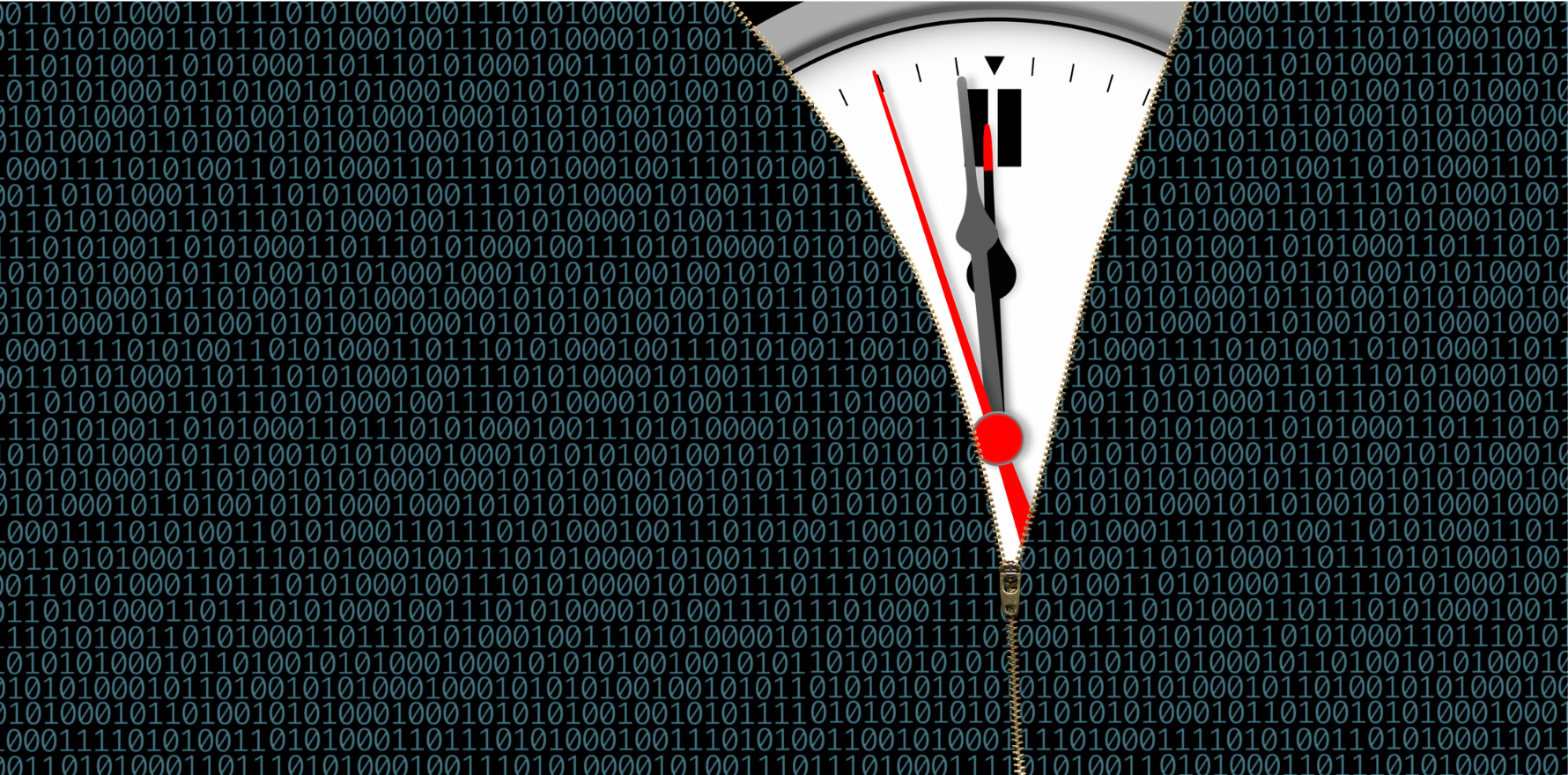Latest research on breakthrough infections published as the GRA announces data analysis will continue after registry closes in June.
As its latest research on breakthrough infections after vaccination was published, the COVID-19 Global Rheumatology Alliance (GRA) has announced its physician registry will close at EULAR 2022.
However, the group will continue work with the data from over 21,000 cases entered in the global UCSF and EULAR registries.
The @rheum_covid physician registry is going to be closing at EULAR 2022. Both the EULAR run registry (Manchester) and the Global (UCSF) registry will close to new cases at that time. We will continue to analyse & publish the data collected. Thank you to all who have contributed.
— The COVID-19 Global Rheumatology Alliance (@rheum_covid) April 7, 2022
We think this next phase of the pandemic will benefit from detailed biologic data (variant, length of viral replication, resistance, vaccine response, etc.) to inform patient care. We will continue the analyze the 22K cases in @rheum_covid
— Jinoos Yazdany (@JYazdanyMD) April 7, 2022
Such outstanding work, with a global impact on rheumatology! This project has contributed to promoting the acquisition of data for many countries that otherwise would not have had the resources to do it. Thank you very much for starting it!
— Deshire Alpizar-Rodriguez (@deshire_alpizar) April 7, 2022
.
GRA’s latest analysis of breakthrough infections, and the largest to date, reviewed people partially or fully vaccinated against covid who were infected with the disease from January to September 2021 and reported to the GRA registry. Findings were published in RMD Open.
Breakthrough infections were defined as occurring ≥14 days after completion of the primary vaccination series – that’s 14 days after the second dose in a two-dose series or 14 days after a single-dose vaccine.
Researchers identified 78 fully vaccinated patients with rheumatic disease. Infection occurred on average around 3-4 months after vaccination, and 26% (22 patients) required hospitalisation.
More than half of those with breakthrough infections requiring hospital treatment were on B cell-depleting therapy (BCDT) or mycophenolate. In the entire GRA registry only 4% of patients were taking BCDT, yet 11% of those with breakthrough infections and 41% of those hospitalised were taking it. Five of the hospitalised patients died, among whom three were taking BCDT at the time of vaccination.
On the other hand, hospitalisation among patients taking the more widely prescribed TNF inhibitors or methotrexate were infrequent, leading to a call for greater access to monoclonal antibodies for the most vulnerable patients.
The authors noted that the study didn’t include data on breakthrough infection after an additional or third dose – which is now the standard ‘primary course’ vaccination schedule for high-risk patients in Australia and many other countries.
However, evidence based on improved humoral responses in rheumatic disease patients suggests that an additional dose is especially warranted in high-risk patients on certain immunosuppressive or immunomodulatory medications, and further real-world studies are needed.
“These data add to the knowledge about which patients are at risk of vaccine failure and strengthen the rationale for additional vaccine doses and for secondary prevention of severe COVID-19 with monoclonal antibodies and other therapies,” concluded the authors.





